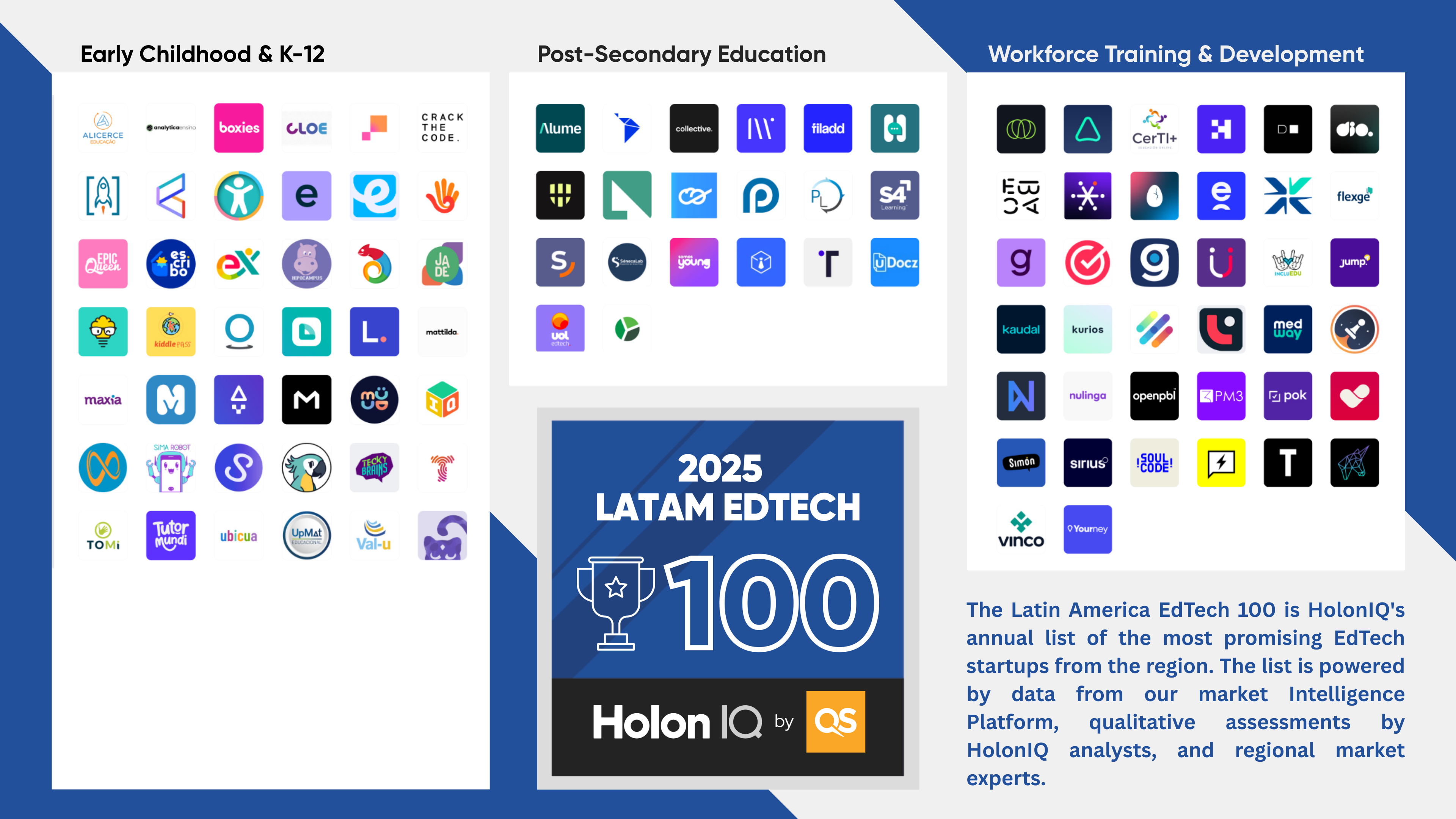With almost 1000 individuals registered from 66 countries, micro and alternative credentials drew a highly engaged audience, resulting in lively chat and questions throughout. The session focussed on context and drivers, a segmentation and sizing of the market, and four potential future scenarios. Discussion among our global Higher Education Network before, during and after the session tackles themes including the learner/ customer, regulation and standards, industry collaboration and the need for institutional change to support alternative and micro-credentialing. A selection of participant questions and comments are shared here with highlights from the session.
Micro-credentialing through the learner lifecycle
For a Higher Education institution, micro and alternative credentials span the whole learner lifecycle, from product strategy to lifelong learning. The Higher Education Digital Capability Framework highlights some key capabilities to consider, with market trends, learner/ customer needs and new business models in the Demand and Discovery Dimension, and the importance of design principles and deep subject matter expertise in Learning Design. Assessment and verification are key capabilities in the Learner Experience Dimension, whilst industry partnerships, B2B programs and continuing education spotlight the importance of collaboration in Work and Lifelong Learning.

Emerging standards for recognition and regulation of micro-credentials
“Universities have to follow accreditation requirements and standards – what about microcredentials? Are there standards and oversight that has to be followed for those and if not, why not?”
Regulatory issues and agreed standards for micro and alternative credentials are perceived to be among the most significant barriers according to our most recent research. Despite the multiple models and approaches in the current landscape, there are clear signals of emerging standards, definitions and recognition of micro-credentials. Evolving learner needs, industry demand and government programs are likely to lead to broad acceptance of micro-credentials sooner rather than later.

Alternative forms of learning and verification gain credibility
“What is the trend in universities recognising and collaborating with the alternative credentials and pathways?”
A plethora of pathways, alternatives and substitutes has arisen over the past 5-10 years, responding to needs for rapid upskilling and an environment where rising degree costs and formal education outstrips government and individuals’ ability to pay. Micro-credentials remain a messy and complex landscape of providers, options and models, but even so there is a record level of partnerships between universities and MOOCs, Bootcamps and other alternative providers to offer micro-credentials, either as part of their continuing education or embedded within degree programs.

Four scenarios for a changing landscape in post-secondary education
“We see micro credentials as a key aspect of recognized learning. Our challenge is that we cannot move fast enough to keep pace with the adoption by businesses.”
There is ongoing debate about the extent to which traditional post-secondary education models can adequately support the rapidly changing needs of industries, professions and jobs. Whilst prediction in the current environment is challenging, there are signals which point to one or a number of possible future states based on how different combinations of key drivers could influence post-secondary education. Using these market signals, HolonIQ has identified four possible scenarios for post-secondary credentials, along the two axes of ‘market’ versus ‘government’ endorsement and funding, and the extent to which learning is delivered and recognized in aggregated or unbundled/’micro’ formats.

During the webinar, participants predicted that the ‘unbundled’ options of ‘Micro Quals’ and ‘Market Place’ would become dominant scenarios for micro and alternative credentials, suggesting a combination of government-endorsed and market-driven outcomes.
Previous research conducted with the HolonIQ Higher Education Network on digital transformation indicates that whilst technology may lead many conversations, the greatest challenge for digital transformation still lies with ‘people’ and ‘process’ – pointing to the significant organizational change needed across institutions in the sector.
With over 1,300 professionals from 72 countries, the HolonIQ Global Higher Education Network connects forward-thinking individuals representing government, university, community colleges and digital platforms. The Network shares information and insights to support and sustain digital transformation for higher education, including webinar events and opportunities to participate in global research. Find out more and join your global peers here.

What’s next?
The Higher Education Digital Transformation Webinar Series continues with a focus on mapping university partnerships with OPMs, MOOCs and Bootcamps.
This session provides a snapshot of the global ‘state of play’ in academic public-private partnerships and insights as to how these models are growing and evolving, and what might be next for academic public-private-partnerships.
Join us for this and future webinars by registering here.




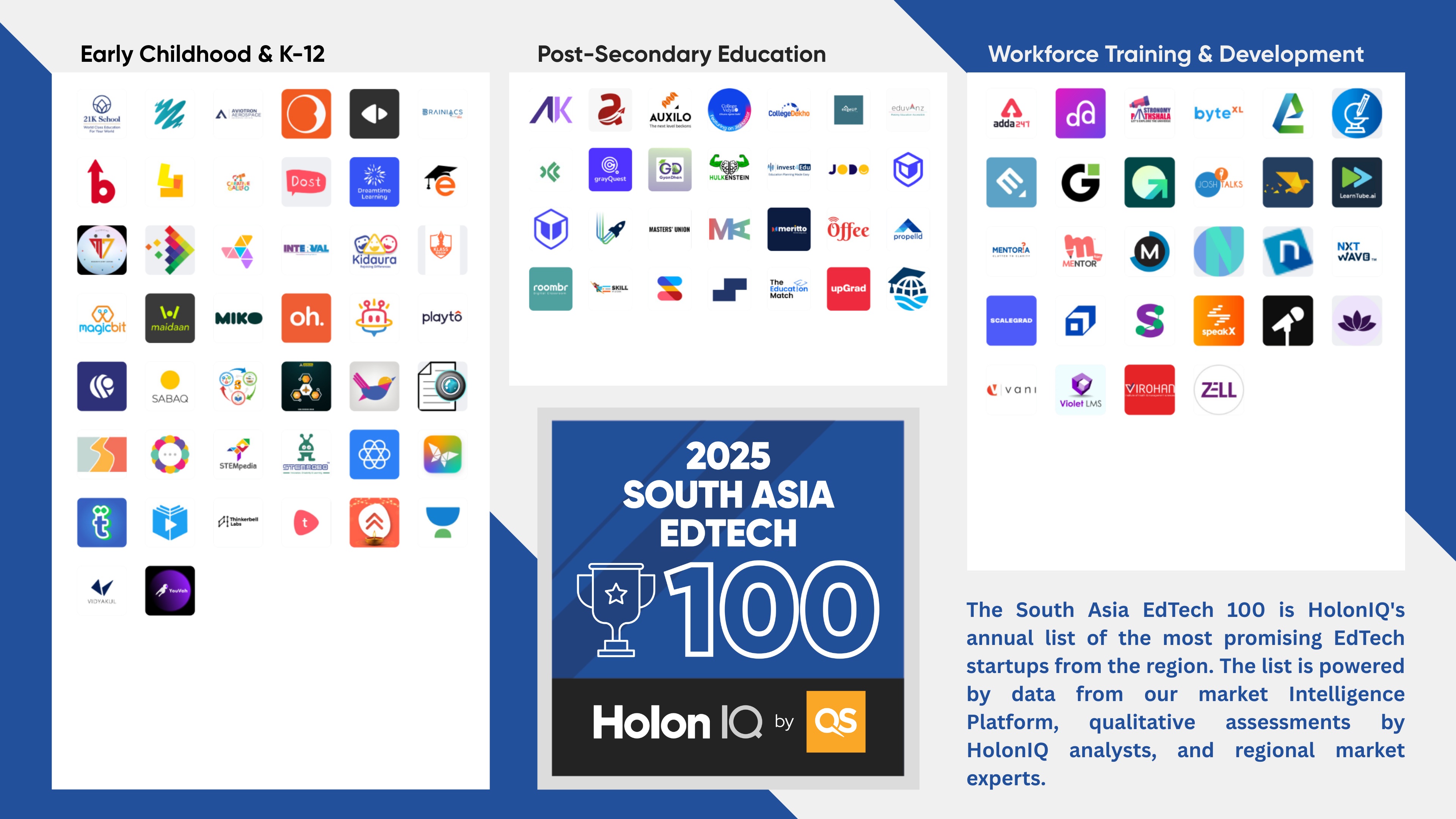
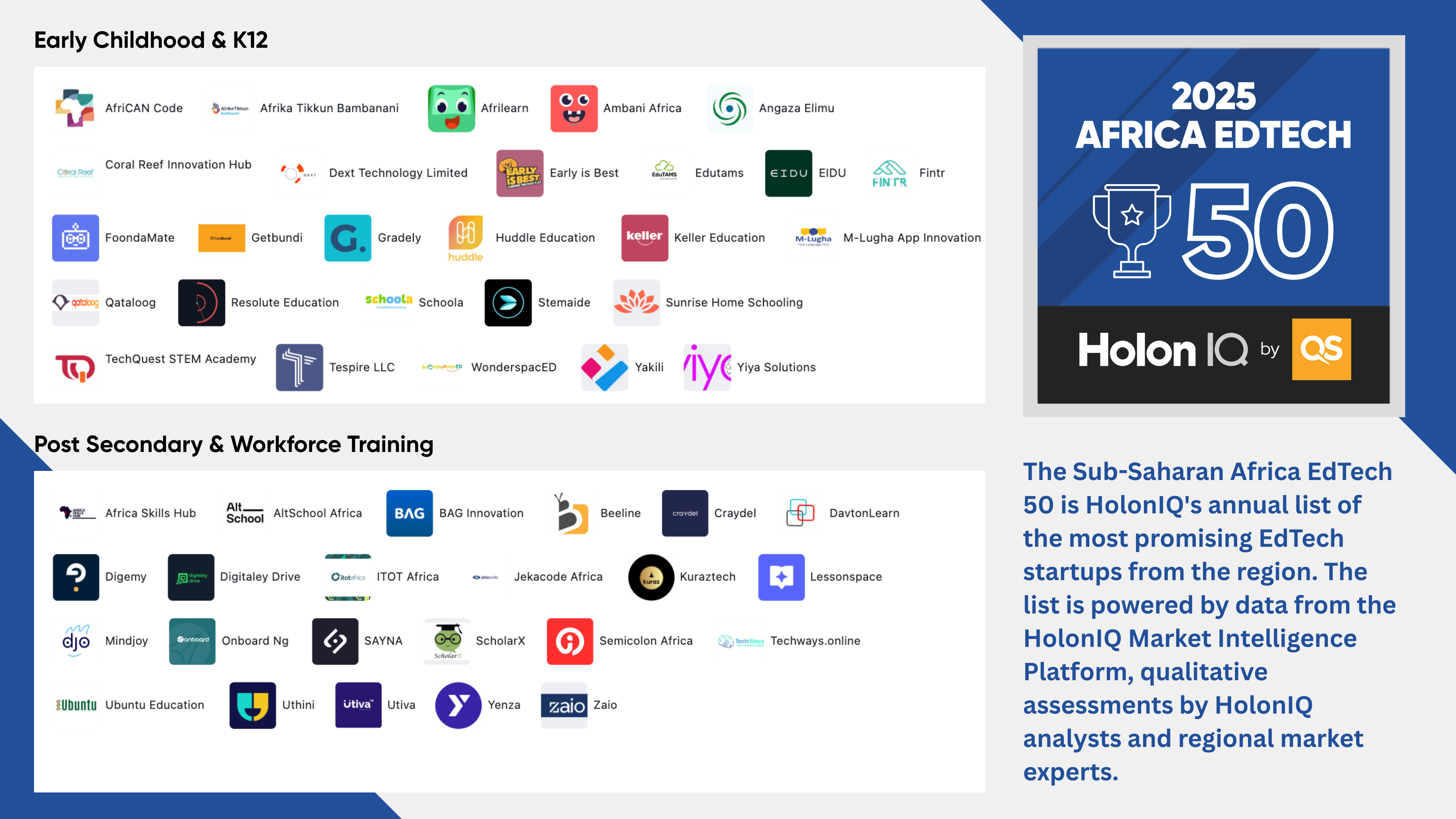
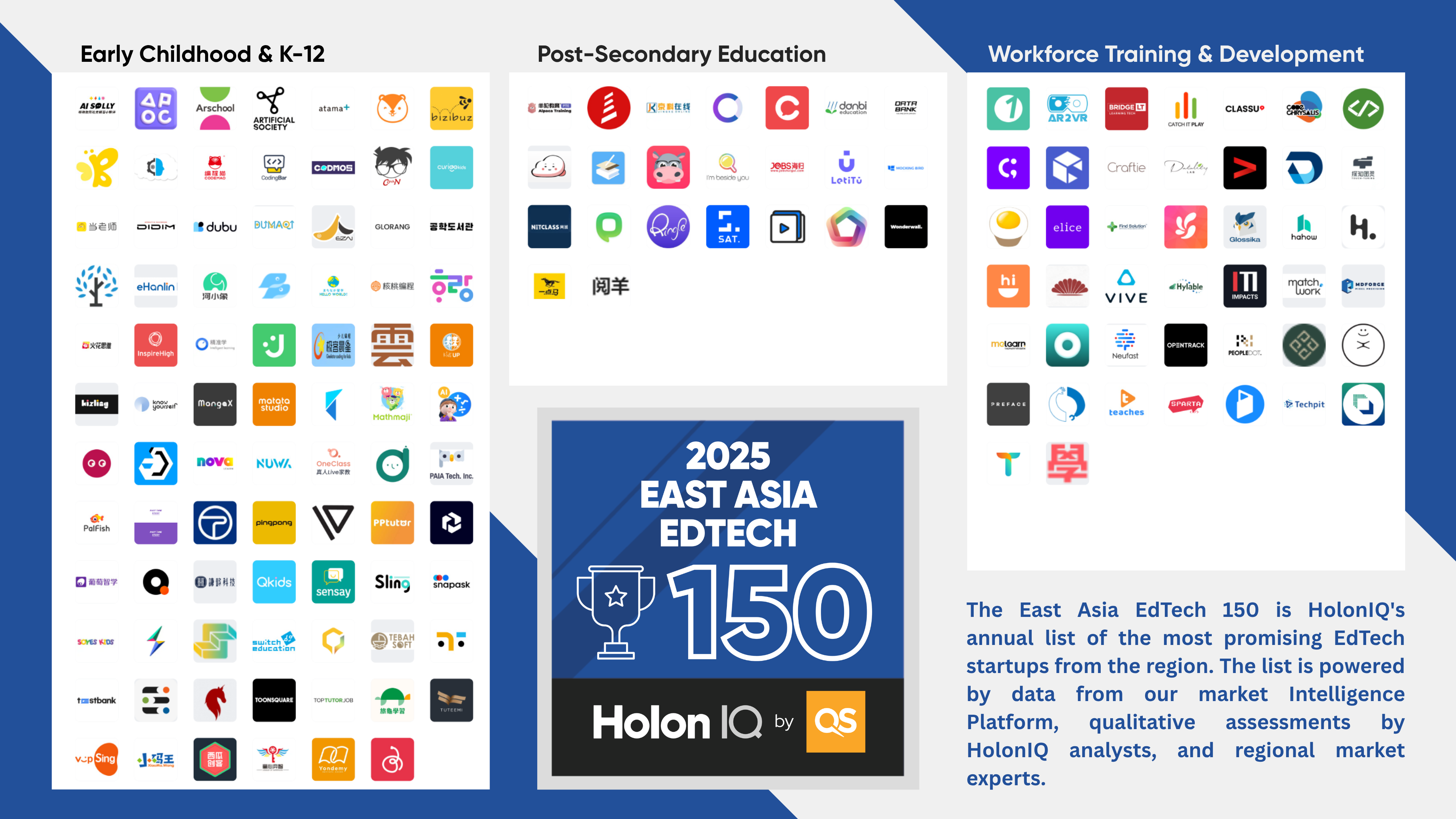
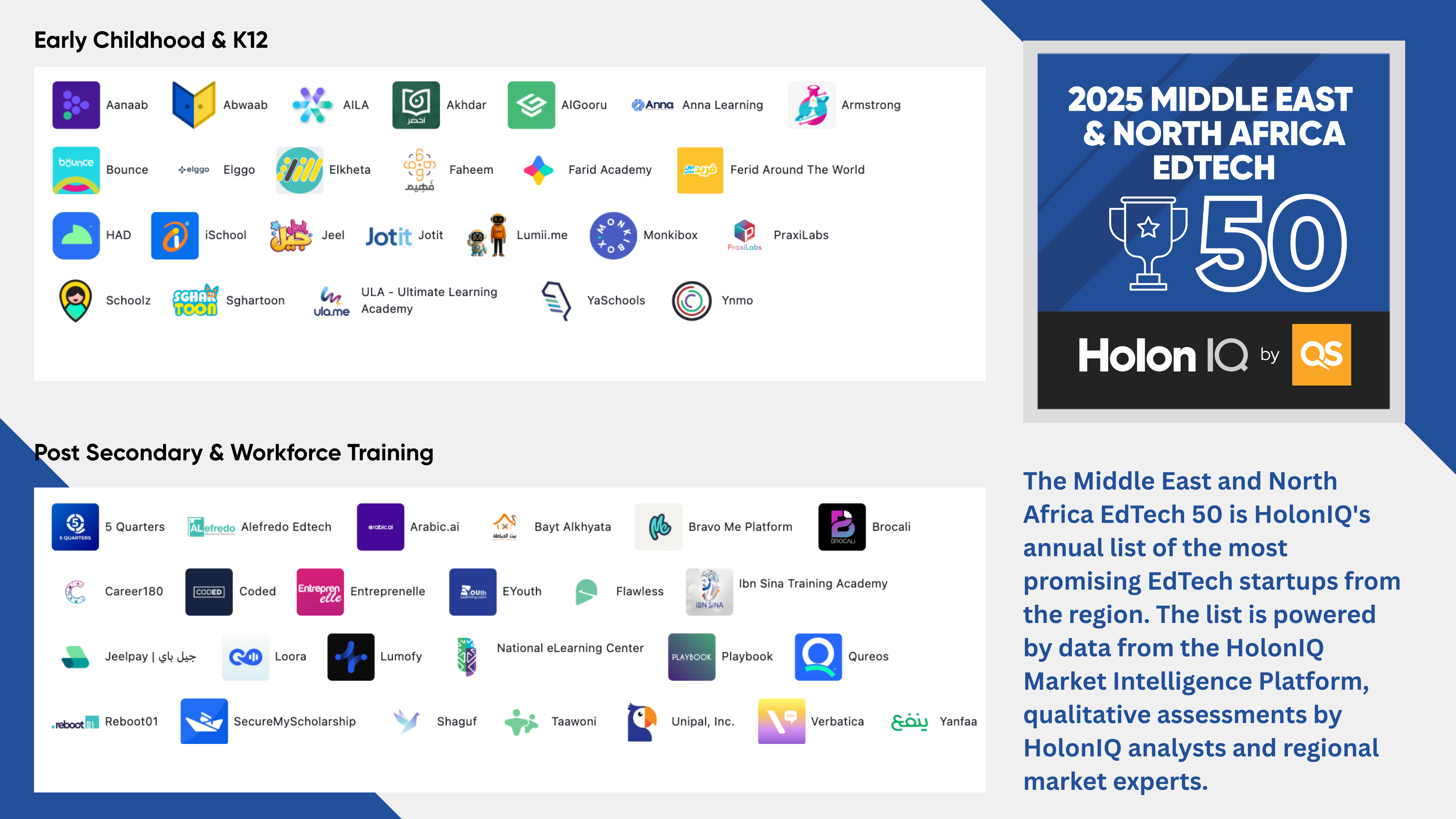
.png)
